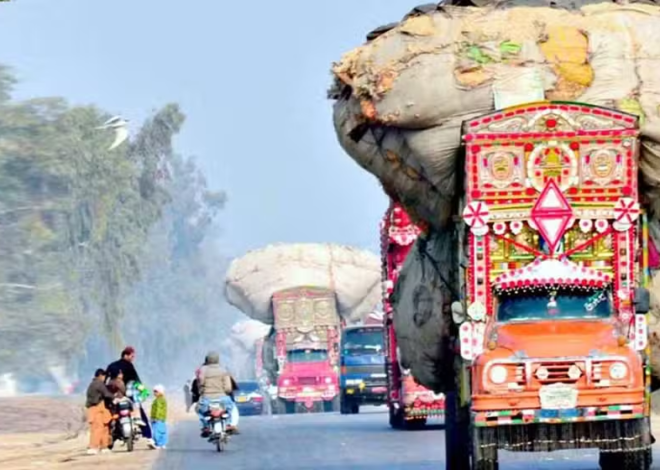
Heavy Rain Across Pakistan Leaves 64 Dead, More Monsoon Danger Ahead
A devastating spell of heavy rain across Pakistan has claimed 64 lives and injured 117 others within a week, as confirmed by the National Disaster Management Authority (NDMA) on Wednesday. The unrelenting downpours triggered flash floods, house collapses, and widespread chaos, marking one of the deadliest monsoon weeks in recent years.
Khyber Pakhtunkhwa was the worst-hit region, with 23 fatalities, including 10 children. In Swat Valley alone, 14 people were swept away in flash floods. Punjab followed with 21 deaths, 11 of them children, due to roof collapses and water surges in low-lying settlements. Meanwhile, Sindh recorded 15 deaths and Balochistan reported five casualties.
The NDMA has warned that the worst may not be over yet.
Widespread Monsoon Threats Loom from July 5
The Pakistan Meteorological Department (PMD) has forecast an intense monsoon phase beginning July 5, with heavy rain across Pakistan expected to intensify from July 6. Moist monsoon currents are already flowing into the country and will likely grow stronger through the weekend, fueled by an incoming westerly wave.
From July 5–10, rain, thunderstorms, and heavy to very heavy rainfall are expected across northern and central Pakistan, including key areas like Muzaffarabad, Swat, Rawalakot, Malakand, and Chitral. Upper Punjab, including Rawalpindi, Lahore, Sialkot, and Faisalabad, and regions in Islamabad are also on alert for urban flooding.
Southern Punjab districts like Multan, Bahawalpur, and Dera Ghazi Khan may experience rainfall from July 6–8, while parts of Balochistan, such as Khuzdar and Lasbella, will face thunderstorms between July 3–4 and July 6–8. Karachi and Hyderabad are also forecast to receive moderate to heavy rainfall during this period.
Warnings for Flash Floods, Urban Flooding, and Landslides
The PMD has issued urgent advisories warning that heavy rain across Pakistan may trigger flash floods in streams and nullahs, particularly in northern KP, AJK, Gilgit-Baltistan, and hill torrents of Dera Ghazi Khan. Urban flooding risks are high in major cities including Lahore, Rawalpindi, Gujranwala, and Peshawar between July 6–8.
Landslides may block roads in hilly regions such as Murree, Galliyat, and Chitral, while vulnerable structures like mud houses, billboards, electric poles, and solar panels remain at high risk of damage due to strong winds and lightning.
Authorities have been placed on high alert, and the public is urged to stay indoors during heavy spells, avoid travel in flood-prone areas, and remain updated on weather alerts.
Also, see:
Government Pays People to Use Toilets in India







